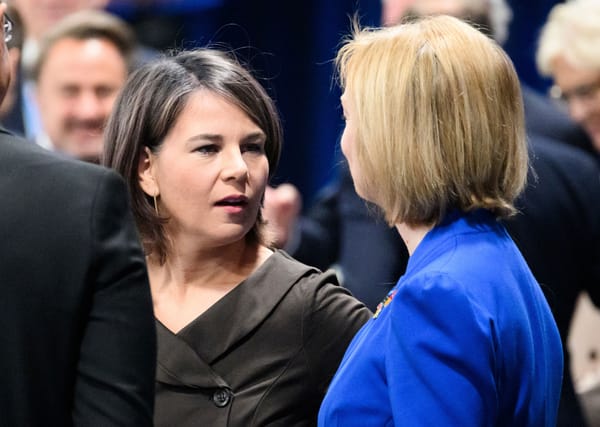Grand strategy was once entrusted to the likes of Metternich, Talleyrand, and Bismarck—eminently practical statesmen who played the great game with cynical detachment. Henry Kissinger, who received a who’s who of the political elite at his recent 100th birthday festivities, is perhaps the last of this breed. Today’s leadership class has traded in the ruthless pragmatism of earlier generations for a fervent moralism.
Consider the hapless Liz Truss, who served as Britain’s foreign secretary before her ill-fated stint as prime minister. In her role as top diplomat, Truss traveled to Russia just weeks before the invasion of Ukraine to inform the Kremlin that the West found its prior and prospective territorial conquests unacceptable. This and this piece of land was rightful Ukrainian territory, she stressed, and the world would never accept it as Russian. Truss’s Russian counterpart Sergei Lavrov, perhaps as a joke, asked whether several indisputably Russian territories “belonged to Russia.” No, Truss replied, we will never recognize Voronezh and Rostov as Russian.
“Moral grandstanding takes precedence over all other factors.”
This is not merely a story of incompetence or ignorance. Those factors are real, but Truss’s gaffe also reflects the priorities of the West’s contemporary leaders, in which moral grandstanding takes precedence over all other factors. Many political decisions that would have been incomprehensible to previous generations of statesmen—and which remain fairly incomprehensible to many outside of the West—only make sense from the perspective of an overweening self-righteousness that frequently seems to override strategic considerations.
